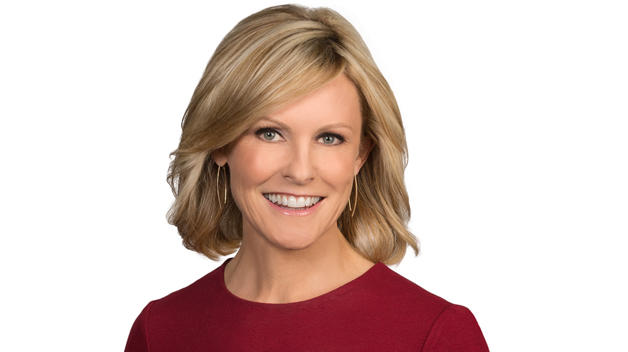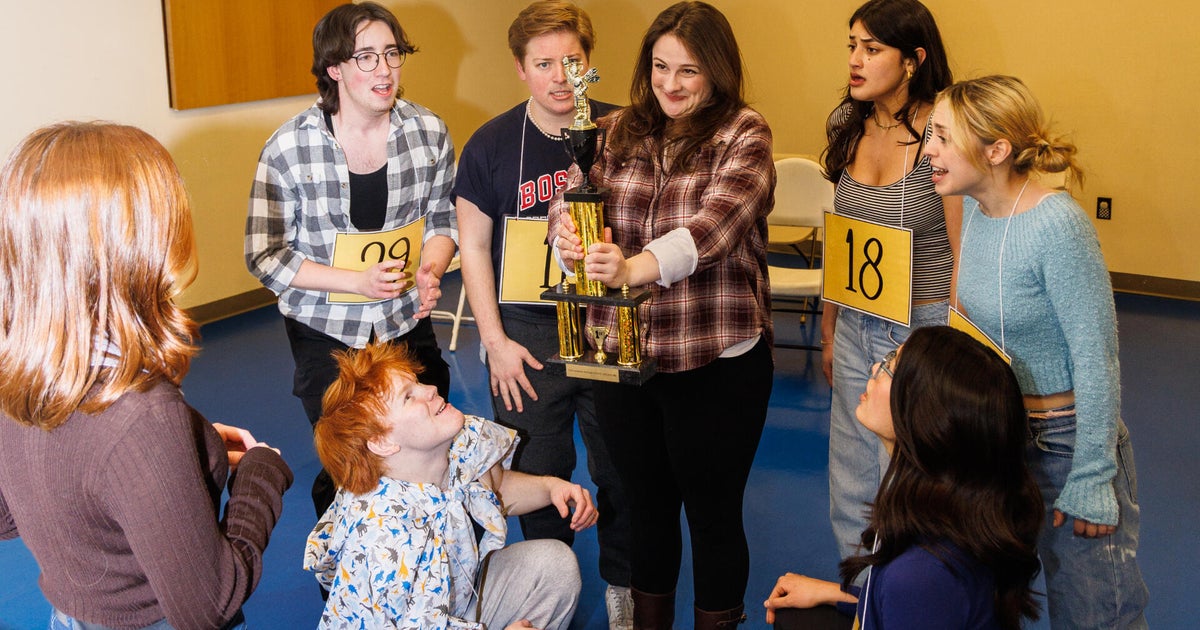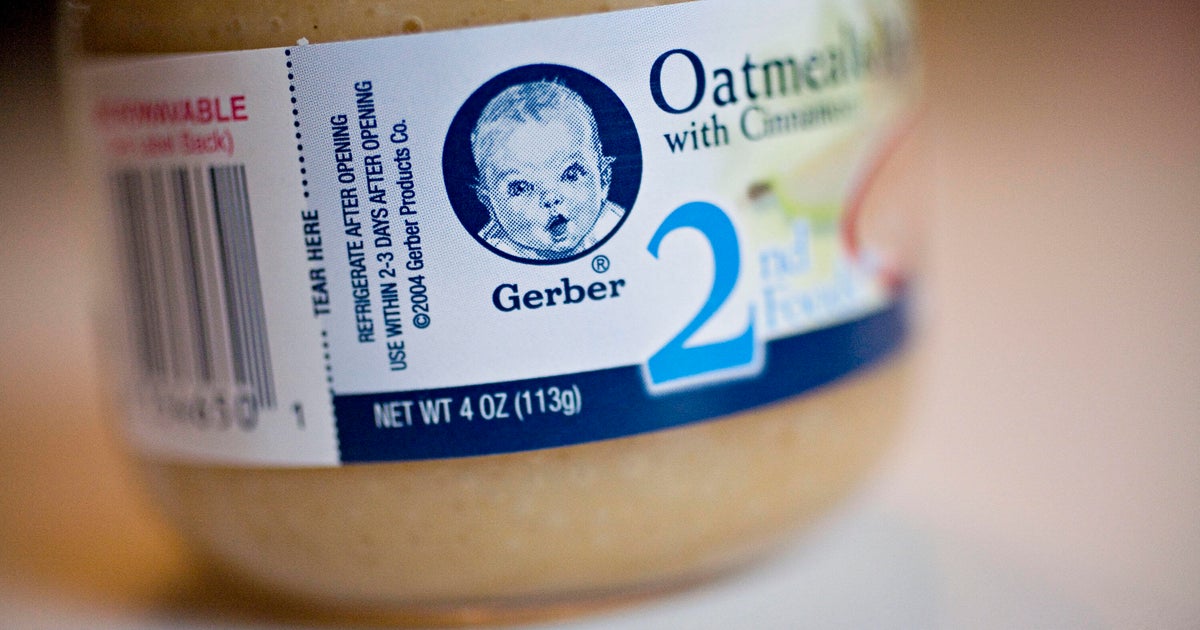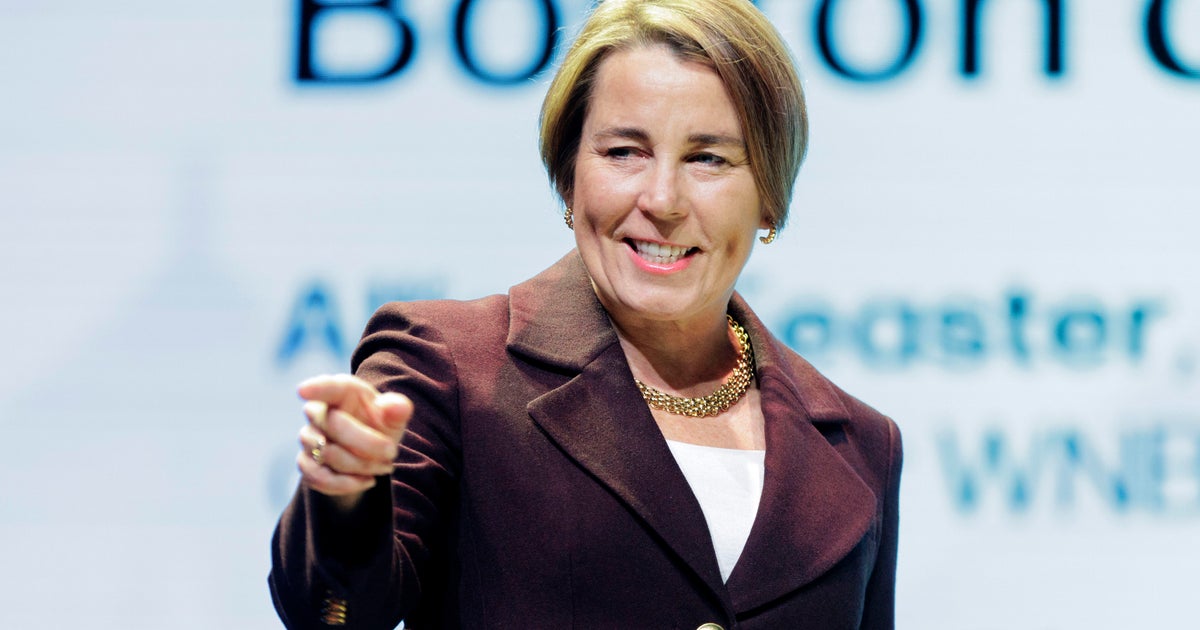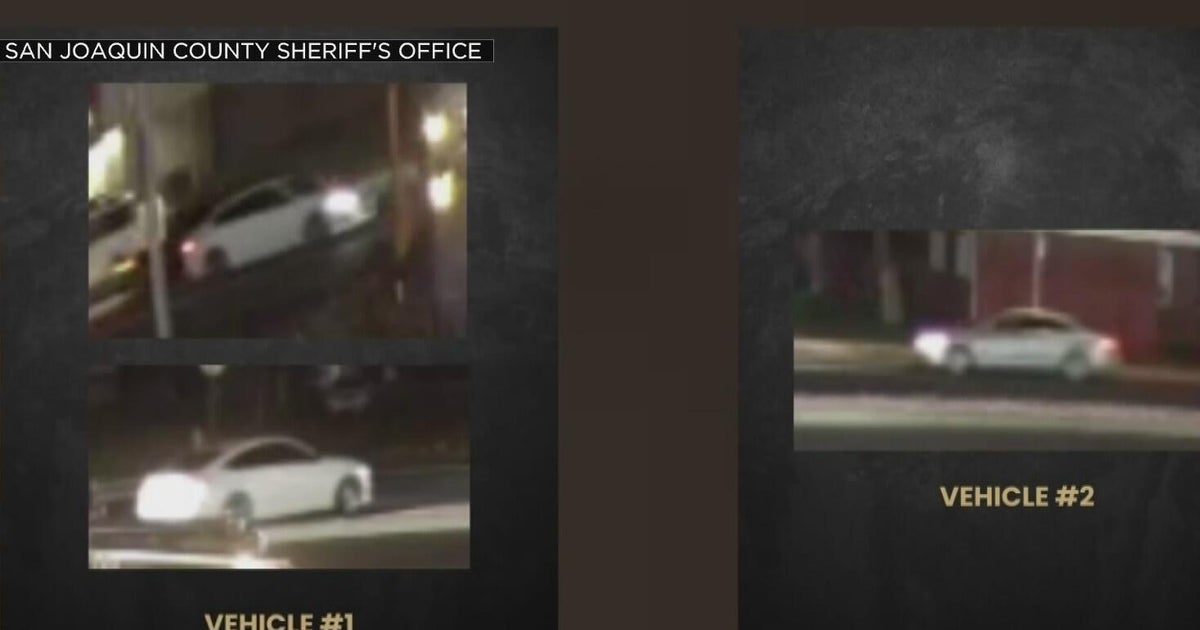Families and PMC funding play major role in new FDA-approved pediatric brain cancer drug
BOSTON -- Every year, more than 1,000 children in the United States are diagnosed with low-grade gliomas—brain tumors that, while not typically deadly, result in life-altering side effects. Blindness. Seizures. Weakness. The tumors, which are the most common brain tumors in children, often grow in the optic nerve.
Traditional treatments also produce negative side effects that, often, patients live with for the rest of their lives. For years, treatments for these tumors were virtually unchanged. Doctors and parents explain that because pharmaceutical companies don't stand to make a lot of money from pediatric drugs (particularly for relatively rare diseases), they are not particularly motivated to support research and/or produce them.
Brain tumors in children
Andrew Janauer's daughter, Samantha, was 3-years-old when she was diagnosed with a brain tumor. Samantha is 23 now.
But Andrew, who most people know as AJ, remembers the shock of the diagnosis and the limited options. "The 'state of the art' treatment was 20 years old. They told us they knew it didn't work but it was the best they had," he said. That answer didn't sit well with the Needham father and his wife Cindy, who were told that Samantha's quality of life would be compromised.
Back then, researchers didn't have enough tissue samples to study low-grade gliomas. The tumors were so slow-growing that, as Andrew explains, the mice in studies would often die of old age before scientists could determine what might work to shrink the cancer. Researchers also didn't have a consistent funding source.
In 2007, the Janauers and two other couples—John and Liz Ragnoni and Ken and Charise Gainey—whose children were also diagnosed with brain tumors, set out to change the status quo. They started riding their bikes to raise money. When they were introduced to the Pan-Mass Challenge, their efforts took off.
They approached researchers at the leading cancer institutes around the country and asked researchers what they would do with the money the families and their supporters raise. Dana-Farber Cancer Institute, the "hometown team," was willing to create an entire program. Not one scientist in a lab, but a team of scientists—the combined expertise of doctors, researchers, the Broad Institute, Harvard Medical School and more.
Ending the "doom loop"
AJ and the other families had found the place where, one day, they hoped patient families would get answers. Dana-Farber created a lab to nurture scientists who were passionate about finding treatments and cures. Teaming up, they effectively ended the "doom loop" that often prevents discovery.
Funders say they don't get applications that are good enough to merit supporting research while doctors explain that they don't apply for the grants because they almost never get funding. By funding the DFCI lab, the families (and others) provided a consistent source that enables researchers to test the drugs that can change patient outcomes.
FDA-approved treatment
In April of this year—thanks to those combined efforts—the FDA approved tovorafenib (Ojemda), the first-ever systemic therapy for the treatment of BRAF-rearranged pediatric low-grade gliomas.
Dr. Pratiti Bandopadhayay (whom everyone knows as Dr. Mimi) co-leads the Low-Grade Glioma Program at Dana Farber. Her commitment to and admiration for the families who have funded the research radiates from her as she talks about them. "The families did it. They raised the money. They started the research, encouraging research all around the world, not just here," she said.
Dr. Mimi said because of Ojemda, children whose tumors were not responding to chemotherapy have an option that is shrinking their tumors, improving the side effects and boosting their quality of lives. They are enjoying the life that children are meant to lead wherever they are. "It doesn't matter where you live. Anyone can access the drug now. It's for everyone," she said.
PMC donations essential in Ojemda development
Over the years, a number of Pan-Mass Challenge teams have dedicated their fundraising—millions of dollars—to the lab. These teams, their riders, pedal partners and donors share in the success. Team Nathan, Team Kermit, Team BrainStorms and more.
Dr. Mimi said that PMC donations were "essential" in the testing and development of Ojemda. "This drug would 100% not have happened without the PMC," she said.
In her office, she proudly displays a stuffed Kermit the Frog. A "Team Samantha" water bottle sits on the shelf outside the lab where photographs of patients welcome anyone who enters. She said that these children motivate her and the members of her team to find more treatments and hopefully a cure for pediatric brain tumors.
The families and their supporters set the tone of determination from the beginning. "You're living life and all of a sudden your child is diagnosed with a brain tumor. And these families are selfless," Dr. Mimi said. "They know their child may not ever benefit. They're doing this to change the stories for the next families."
Dr. Rameen Beroukhim co-leads the lab with Dr. Mimi and Dr. Michael Eck. He credits the families for changing the course of career and his sense of purpose. "I didn't know much about this until the families got involved and pulled me in," he said. Dr. Baroukhim is an adult neuro-oncologist. He said the families' involvement over the years has inspired scientists and built connections that transcend the lab.
"It's like meeting with old friends. We're in this together," he said. "This has given me, to some extent, a life goal that I hadn't had before. When I look back at what I've accomplished in my life, I'm going to look back at this. And I think that's probably true for these families as well."
Dr. Mimi and Dr. Beroukhim credit the original doctors and researchers in the Dana-Farber lab for starting the work that led to the breakthrough.
Dana-Farber lab discovery
The discovery of an adult melanoma drug that was, essentially, sitting on a shelf proved invaluable. The company that made the drug was no longer planning to produce it for adult skin cancer patients with melanoma. As far as anyone knew at the time, it had virtually no value.
But when Dana-Farber doctors "mapped" a child's brain tumors, they saw a mutation that they believed the drug might treat. They were right.
In 2016, WBZ profiled the successful effort to treat a single patient, Allison Schablein, with the drug. Eight weeks after she began taking the it, her six malignant tumors were gone. The doctors (who were also scientists and professors) partnered with chemists and began testing similar drugs that might work.
Larger clinical trials of treatments followed, and the process was not a simple one. The drug itself was "owned" by multiple companies by the time Day One Biopharmaceuticals' Ojemda received FDA approval. Even now, Dr. Mimi and Dr. Beroukhim said Day One faces challenges in getting people interested in the drug because of the relatively few patients who need it -- part of a larger challenge that should be addressed.
"For every success story there are many other drugs and targets that we haven't been able to develop. And that won't change until there's awareness in the community," Dr. Mimi said.
"One team, one dream"
The success story that is Ojemda is worthy of celebration, particularly for parents and brain cancer patients. AJ, who's riding his 16th PMC this year (he'll ride part of it on a tandem bike with Samantha) held back tears describing the breakthrough. "It is an amazing achievement. And there are kids who will have a better future," he said.
In the past year, work in the Pediatric Low-Grade Glioma Program (pLGG) has also led to FDA approval of two additional drugs. The researchers and the families are proud, but insist the journey isn't over.
In Dr. Mimi's office, there is a bicycle helmet signed by counterparts in Europe who are also working on treatments. It reads, "One team, one dream."
The dream is to cure cancer so that no one has to suffer with the disease. "Every new treatment is helping save a life," Dr. Mimi said.
WBZ is proud to partner with the Pan-Mass Challenge.
